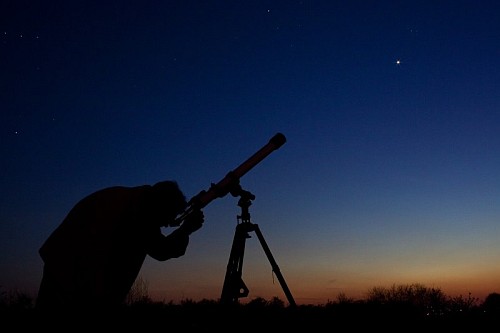Se-tenant: Personalities of Astronomy (Tajikistan 2024)
Personalities of Astronomy (Tajikistan 2024)
01 July (Tajikistan ) within release Personalities of Astronomy (2024) goes into circulation Se-tenant Personalities of Astronomy face value 30 Tajikistani somoni
| Se-tenant Personalities of Astronomy in catalogues | |
|---|---|
| Colnect codes: | Col: TJ 2024.07.00-02 |
Se-tenant is square format.
Issued in panes containing two horizontal strips of three, printed checkerboard.Also in the issue Personalities of Astronomy (2024):
- Stamp - Konstantin Tsiolkovsky, Engineer face value 10;
- Se-tenant - Personalities of Astronomy face value 30;
- Stamp - Umar Khayyam, Astronomer face value 15;
- Stamp - Yuri Gagarin, Astronaut face value 5;
Se-tenant Personalities of Astronomy it reflects the thematic directions:
An astronaut (from the Ancient Greek ἄστρον (astron), meaning 'star', and ναύτης (nautes), meaning 'sailor') is a person trained, equipped, and deployed by a human spaceflight program to serve as a commander or crew member aboard a spacecraft. Although generally reserved for professional space travelers, the term is sometimes applied to anyone who travels into space, including scientists, politicians, journalists, and tourists
An astronomer is a scientist in the field of astronomy who focuses their studies on a specific question or field outside the scope of Earth. They observe astronomical objects such as stars, planets, moons, comets and galaxies – in either observational (by analyzing the data) or theoretical astronomy. Examples of topics or fields astronomers study include planetary science, solar astronomy, the origin or evolution of stars, or the formation of galaxies. A related but distinct subject is physical cosmology, which studies the Universe as a whole
Engineers, as practitioners of engineering, are professionals who invent, design, analyze, build and test machines, complex systems, structures, gadgets and materials to fulfill functional objectives and requirements while considering the limitations imposed by practicality, regulation, safety and cost.The word engineer (Latin ingeniator, the origin of the Ir. in the title of engineer in countries like Belgium and The Netherlands) is derived from the Latin words ingeniare ("to contrive, devise") and ingenium ("cleverness"). The foundational qualifications of a licensed professional engineer typically include a four-year bachelor's degree in an engineering discipline, or in some jurisdictions, a master's degree in an engineering discipline plus four to six years of peer-reviewed professional practice (culminating in a project report or thesis) and passage of engineering board examinations.



